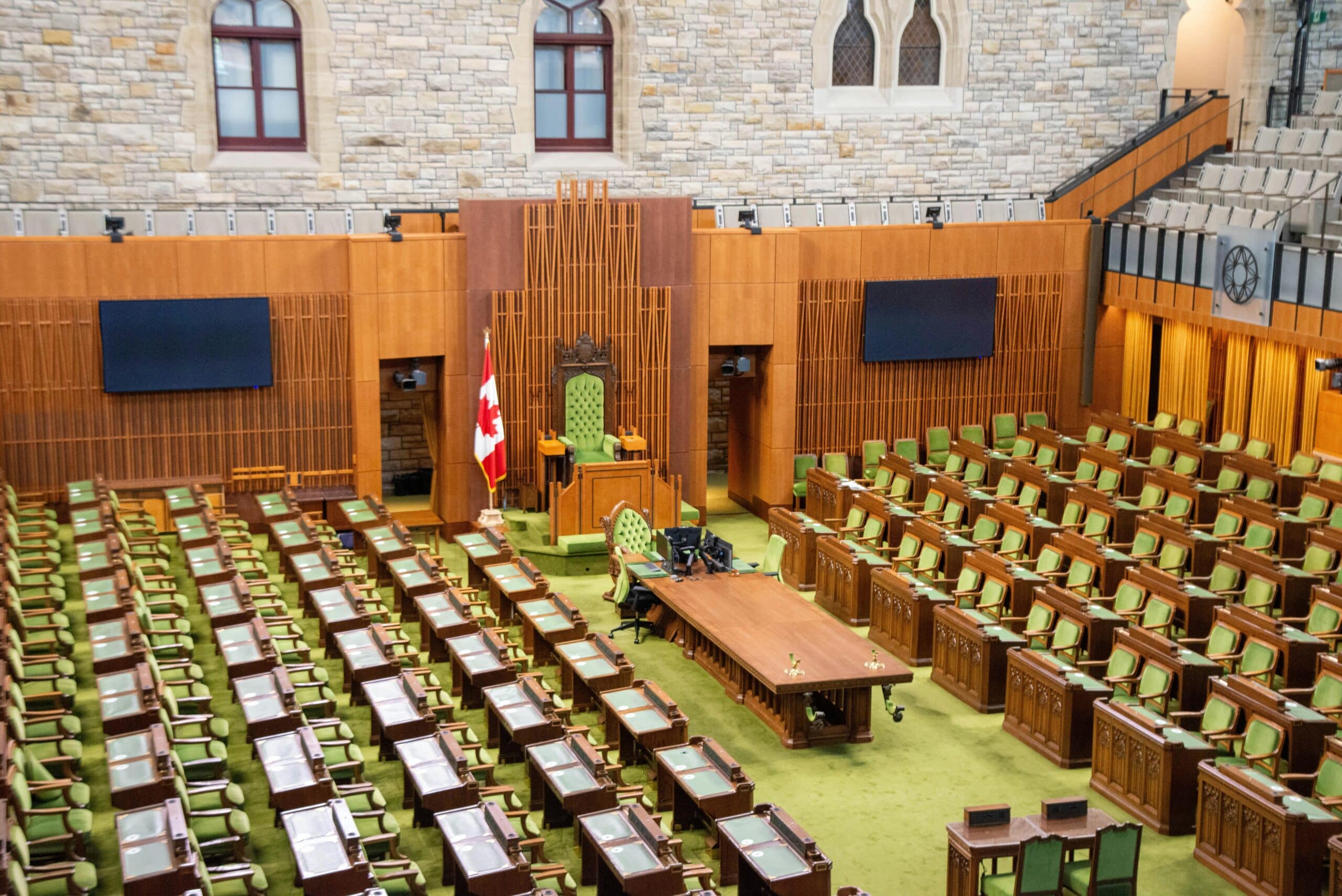The 2023 Federal Budget, presented by Finance Minister Chrystia Freeland on March 28, forecasts a $43 billion dollar deficit, with both spending cuts and tax increases.
High income individuals may be impacted by changes to the Alternative Minimum Tax rules while small business owners may be interested in changes to rules allowing for intergenerational transfers of a business that were originally introduced last year with Bill C-208.
The government also invested heavily into the clean energy sector, offering several new clean energy tax credits in an effort to combat climate change.
How changes to the alternative minimum tax affect high-income earners
The budget announced several important changes to Canada’s alternative minimum tax (AMT), a calculation that runs parallel to ordinary income tax, making it harder for high-income earners to use deductions, exemptions, and tax credits to decrease their taxes owed.
After expressing concern in last year’s budget that some high earners pay too little in income tax, the government increased the AMT rate from 15 per cent to 20.5 per cent. Other changes include:
- An increased inclusion rate for certain AMT base inclusions
- A 50 percent decrease of some acceptable deductions from the AMT base
- A 50 percent reduction of non-refundable credits allowed to be claimed against AMT.
In an effort to focus on those individuals earning much higher levels of income, the AMT exemption was increased from $40,000 to $173,000. These changes will come into effect next year.
Proposed amendments to tax rules affecting intergenerational business transfers.
Family business owners and entrepreneurs looking to transfer their companies to the next generation may be affected by proposed changes to recently enacted tax rules governing intergenerational business transfers.
These changes would include more stringent rules in an attempt to ensure that only true intergenerational transfers qualify. This will be affected through new rules with requirements around the adult child’s activity in the business, as well as the transfer of control, equity ownership and management to the adult child. Proposed amendments, which would be applicable on or after Jan. 1, 2024, include:
- New 3-year business transfer requirements for an immediate business transfer;
- New 5 to 10-year requirement for a gradual transfer;
- No limit on the value of shares transferred (provided the shares are Qualified Small Business Corporation shares or shares of a family farm or fishing corporation);
- Access to the capital gains reserve of up to 10 years; and
- An extension to the period of reassessment for either an immediate transfer (three years) or a gradual transfer (10 years).
Making employee ownership of a business easier
In an effort to support employee ownership of a business, the 2023 budget included new employee ownership trust (EOT) rules that would facilitate the acquisition by employees of their employer’s business. An EOT would hold shares of qualifying businesses for the employee beneficiaries and make distributions to them, as per a set formula. An EOT would be taxed as a personal trust, with income taxed at the highest marginal tax rate, and deductions allowed for amounts paid out to the beneficiaries. Additional benefits and rules unique to EOTs would also apply.
Going green: Budget introduces new clean energy tax credits
Likely influenced by America’s Inflation Reduction Act, which includes significant incentives for investing into the green economy, the government announced a $21 billion investment into the green sector over a five-year period.
The budget included three new clean energy tax credits to encourage businesses to reduce their carbon footprints:
- Clean Hydrogen Investment Tax Credit will provide a refundable tax credit covering 15 to 40 % of eligible project costs for projects that produce clean hydrogen.
- Clean Technology Investment Tax Credit for Geothermal Energy. This previously introduced refundable tax credit is expanded to include businesses investing in machinery that allows for the extraction, recycling, or processing of critical minerals. The credit covers 30 % of the cost of equipment.
- Clean Technology Manufacturing Tax Credit will offer businesses manufacturing clean tech a 30 % refundable credit.
Tougher anti-avoidance rules
The budget included important changes to the General Anti-Avoidance Rule (GAAR) which makes it harder to avoid taxes and take part in aggressive tax planning. In an effort to stop some from abusing tax avoidance rules, the government will introduce a new penalty equal to 25 per cent of a tax benefit, unless the transaction in question is disclosed to the CRA. Other amendments include changing the avoidance transaction threshold from a “primary purpose” test to “one of the main purposes” test, which would make it easier to apply the GAAR.
The budget also introduced a new economic substance rule to be added to the GAAR. This rule will examine whether a transaction has economic substance when deciding whether there is an abusive tax avoidance. It should be noted that this rule would not necessarily preclude an examination of the object, spirit, and purpose test.
If a transaction subject to a GAAR assessment is not disclosed to the CRA, these proposed changes would add a three-year extension of the reassessment period.
High-income tax increases and green economy investments
Small businesses and high-income earners were affected by a variety of proposed measures in the 2023 federal budget that would increase taxes for high-earners and allow for smoother intergenerational transfers of a business. The budget also included new EOT rules supporting employees interested in acquiring their employer’s business.
Additionally, companies involved in clean technology were impacted by the budget and will be able to take advantage of up to three clean energy tax credits as the government looks to make significant investments into the green economy.



